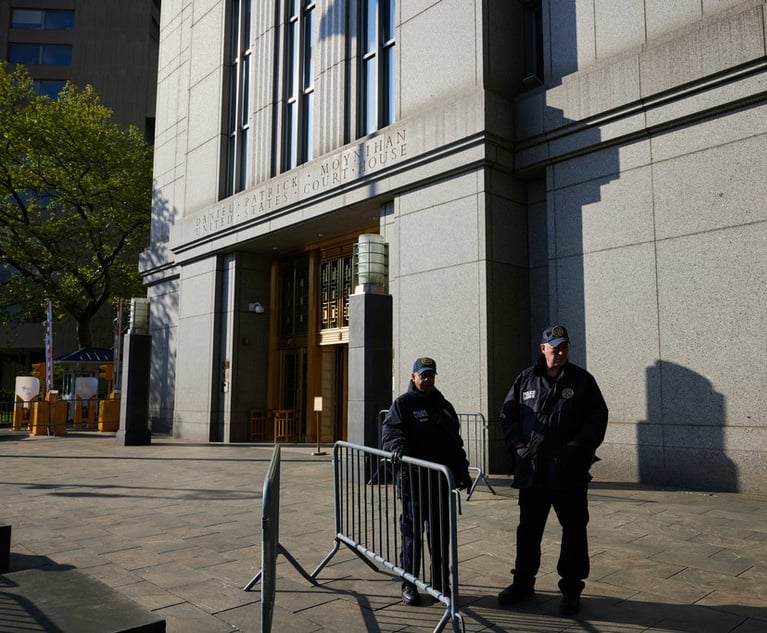Businesses need capital to scale and grow. So-called “finders,” individuals who connect businesses with investors in exchange for a fee, are an important capital-raising tool, especially for smaller and emerging companies that cannot attract institutional investors. Notwithstanding their importance to capital formation, the regulatory status of finders is murky. It is notoriously difficult to determine when a finder violates the securities laws by acting as an unregistered “broker.” This uncertainty leads to securities violations, unenforceable “finder’s fee” contracts, and lost capital-raising opportunities.
A recent decision in the Southern District of New York, Rhee v. SHVMS, 2023 WL 3319532 (S.D.N.Y. May 8, 2023), provides important guidance on the distinction between a finder and a broker. This article explains the distinction, the surrounding legal uncertainty, and how Rhee creates a practical roadmap for drafting compliant and enforceable “finder’s fee” agreements.


 Manhattan Federal Courthouse. Photo: Ryland West/ALM
Manhattan Federal Courthouse. Photo: Ryland West/ALM




